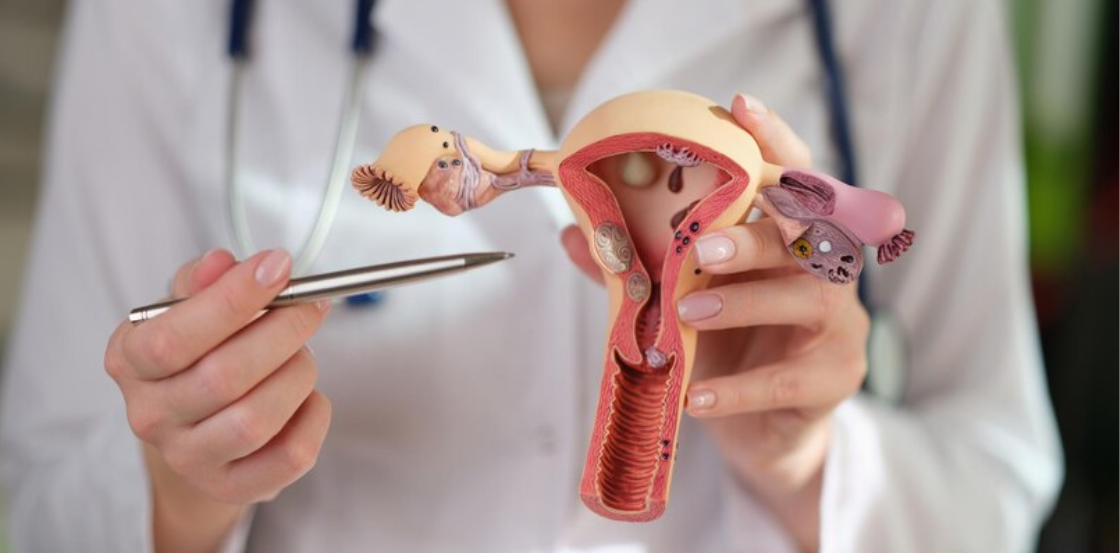Post link copied to clipboard!

In this detailed medical blog, you’ll understand the intricate details of conditions like polyp uterus and their potential impact on fertility is of utmost importance. This comprehensive guide will help you navigate through this topic and empower you with knowledge for informed decisions about your reproductive well-being.
Polyps are small, non-cancerous growths that can occur in various parts of the body, including the uterus. In the context of uterine health, these growths are called polyp uterus or “uterine polyps.” These polyps typically attach themselves to the inner lining of the uterus, also known as the endometrium. While they are usually benign, uterine polyps can sometimes lead to various health concerns, particularly for women trying to conceive.
The connection between polyp uterus and fertility has garnered considerable attention from medical professionals and researchers. Uterine polyps can interfere with a woman’s ability to conceive in several ways:
For a fertilized egg to successfully implant itself into the uterus, the endometrial lining should receive it, free of obstructions. Uterine polyps can create an uneven surface and disrupt the optimal conditions required for implantation, potentially leading to failed pregnancies.
Uterine polyps can sometimes be associated with hormonal imbalances, particularly excessive oestrogen. Hormonal imbalances can affect the regularity of menstrual cycles and ovulation, which are crucial in achieving pregnancy.
Uterine polyps have shown a connection to an elevated risk of miscarriages. These growths can impact the blood flow to the developing embryo, making it challenging for the pregnancy to progress successfully.
If you suspect that you might have uterine polyps or are experiencing symptoms such as irregular menstrual bleeding, heavy periods, or difficulty conceiving, seek medical attention promptly. Diagnosis of uterine polyps typically involves a combination of transvaginal ultrasound, hysteroscopy, and sometimes a biopsy to rule out malignant growths.
Treatment options for uterine polyps depend on factors such as the size of the polyps, the severity of symptoms, and your reproductive goals. Some common approaches include:
This minimally invasive procedure involves the removal of uterine polyps using a thin, lighted tube (hysteroscope) inserted through the vagina and cervix. The hysteroscope allows the doctor to visualize and remove the polyps with precision.
Doctors may recommend hormonal treatments like birth control pills or gonadotropin-releasing hormone agonists for smaller polyps or situations where surgery may not be ideal. These treatments can help regulate hormonal imbalances and reduce the size of polyps.
If larger polyps or persistent symptoms are present, surgical interventions like dilation and curettage (D&C) or laparoscopic surgery may become necessary. Your healthcare provider will determine the most suitable approach based on your situation.
In conclusion, understanding the nuances of uterine health, particularly in the context of uterine polyps and fertility, is essential for women planning to conceive or experiencing challenges in their reproductive journey. By staying informed about the potential impact of uterine polyps on fertility and seeking timely medical attention, women can empower themselves to make well-informed decisions about their reproductive well-being.
It’s important to remember that every individual’s situation is unique. If you’re experiencing symptoms or have concerns about your reproductive health, we encourage you to schedule a consultation with our experienced healthcare professionals. You can enhance your chances of achieving a healthy pregnancy by understanding and managing uterine polyps.